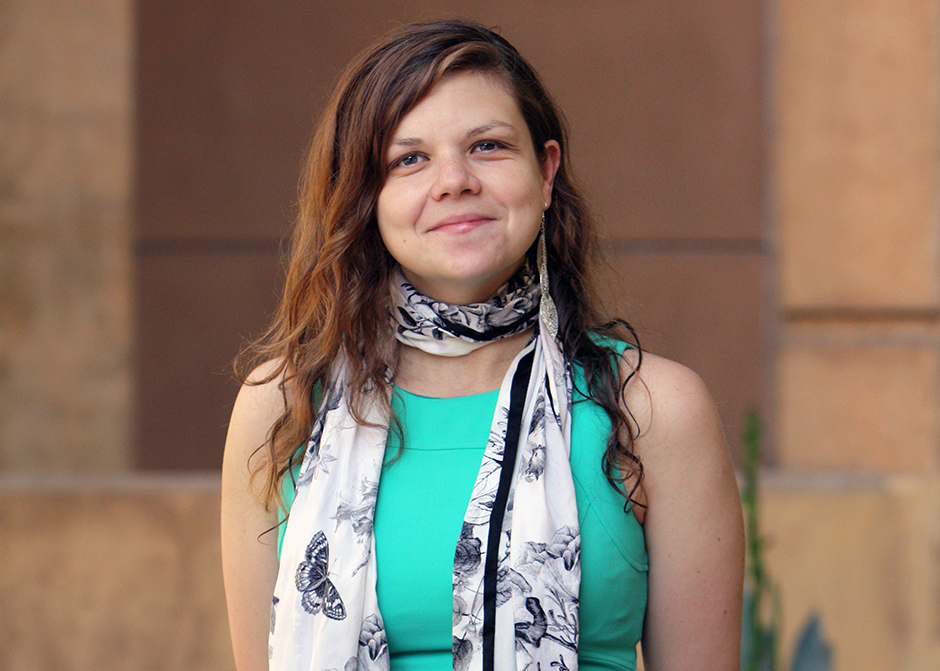Using math to understand EQUALITY, FAIRNESS
UCI cognitive scientist Nadia Chernyak receives NSF CAREER grant to study connection between children’s cognitive skills & pro-social behavior

“As a cognitive developmentalist, I’m really interested in helping us understand
each other a little more – how we reason about morals and fairness and the importance
of being kind to one another,” says Nadia Chernyak, UCI cognitive scientist.
At what age do kids begin to recognize the difference between equality and fairness? The complex concepts may seem a tall order for kids to contemplate, given their ability to cause confusion and contention – even among adults, says UCI cognitive scientist Nadia Chernyak. But the shift from being able to see life as an even playing field to one complicated by the hand you’re dealt actually occurs in childhood, and it may be tied to math skills, she says.
“We tend to agree that inequality is a problem, but we have a lot of disagreements on how exactly to rectify it. One of the reasons for these disagreements may be tied to individual differences in reasoning about numbers,” says Chernyak.
The assistant professor received a $736,366 CAREER grant from the National Science Foundation to study how kids come to understand inequality, when and why they become motivated to rectify it, and how their emerging cognitive skills shape their understanding of it. The project builds on her previous work that found preschoolers' sharing behaviors are tied to their counting skills.
Working remotely due to COVID-19, Chernyak and researchers in her Development of Social Cognition lab are engaging study participants - ages 3- to 8-years-old - in online interviews, games and scenarios that focus on pro-social behavior while also establishing their baseline cognitive skills through math activities. Preliminary work suggests math skills – particularly an understanding of fractions – can explain whether or not a child understands the difference between issues of equality and fairness.
“As a cognitive developmentalist, I’m really interested in helping us understand each other a little more – how we reason about morals and fairness and the importance of being kind to one another,” says Chernyak. “This work helps us understand concepts that are centered around individual abilities and motivations. From that, we can help parents better understand the underlying reasons for their kids’ social behavior and maybe start to think about interventions that can facilitate prosocial behavior.”
The NSF CAREER award is considered the institute’s most prestigious honor that supports early career academics and recognizes faculty poised to make a significant difference in their fields through research and educational advances. Funding for this work began in September and runs through August 2025.


